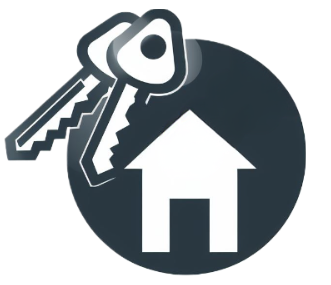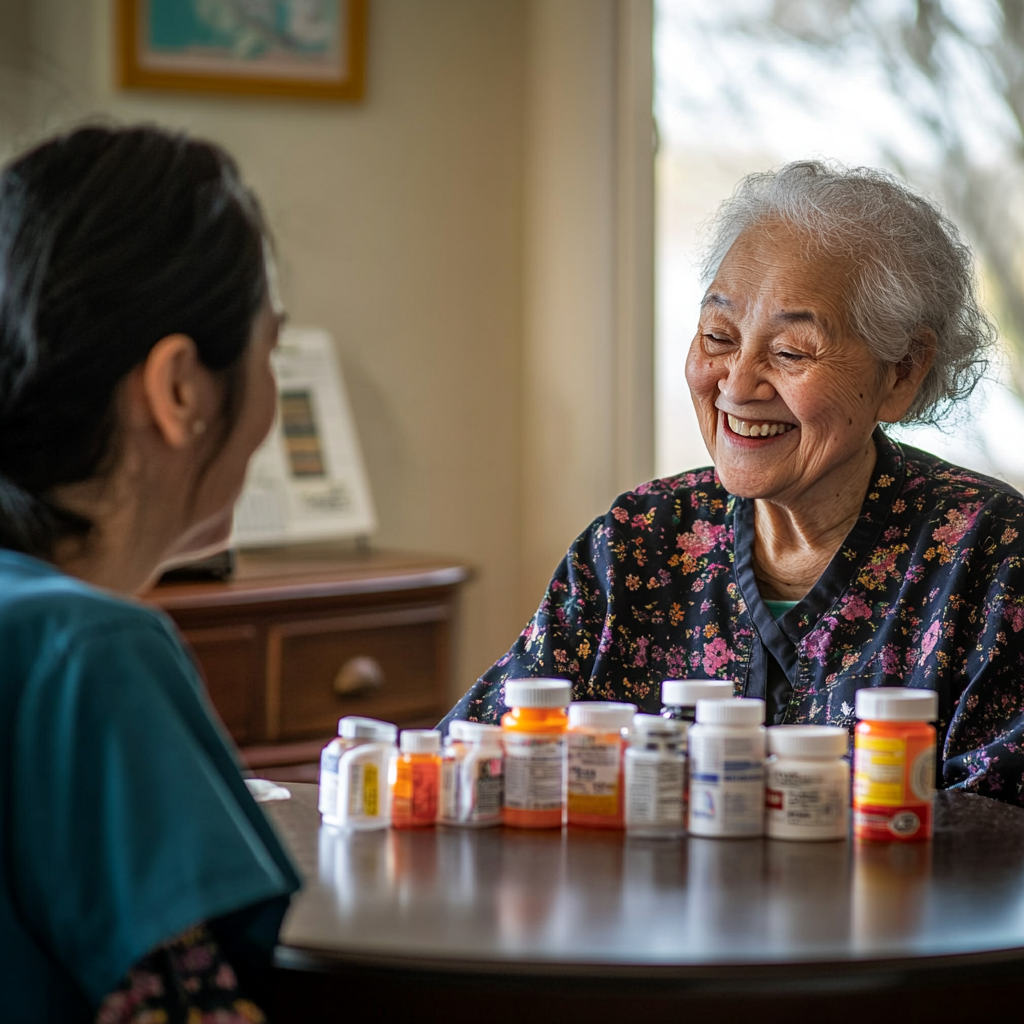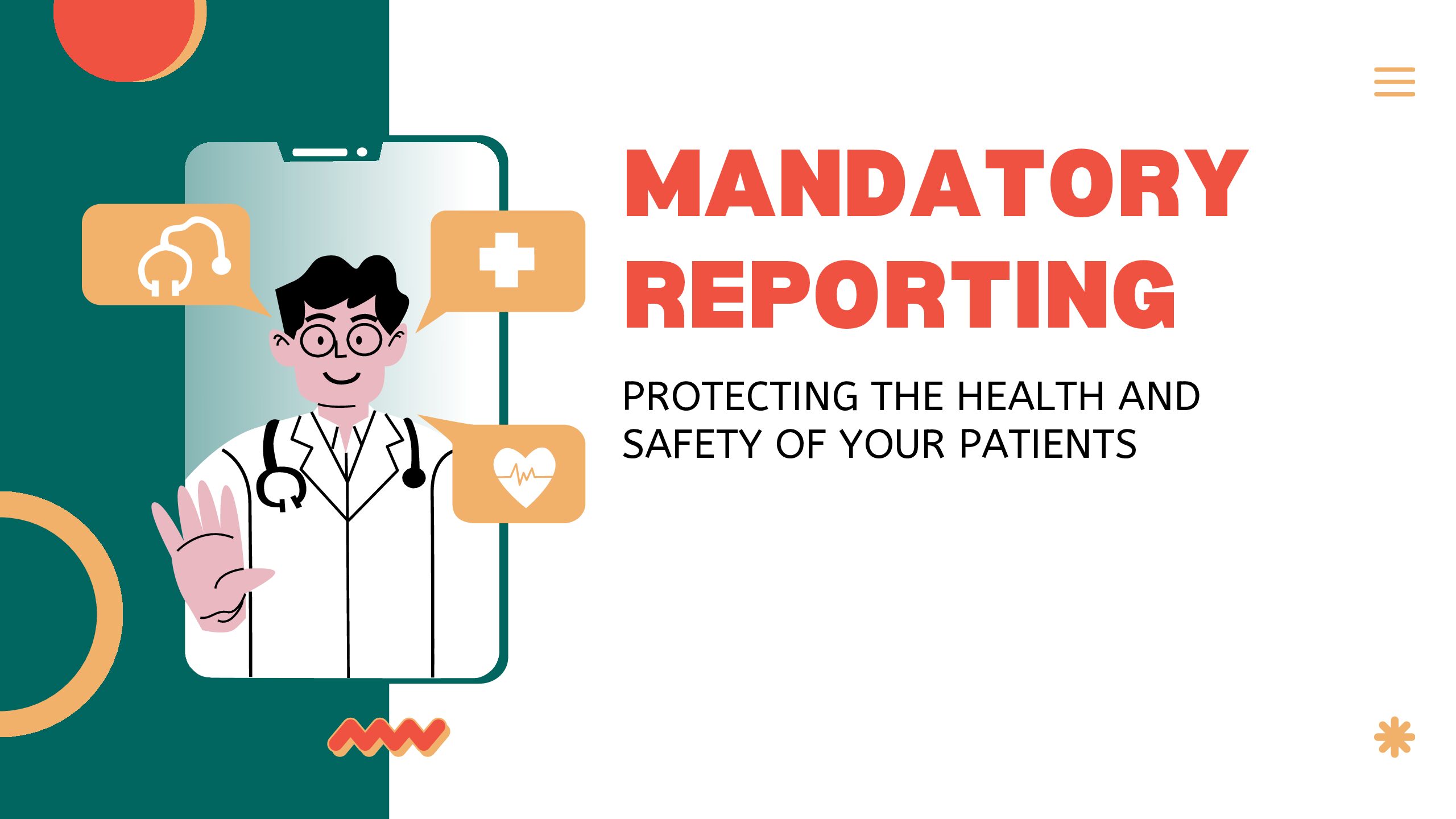As a hospice home health aide (HHA), you have an important job in taking care of patients. Part of your job is helping with medications, but it’s really important to know what you can and can’t do. The rules might change depending on the state you work in, because each state has its own guidelines. Knowing these rules helps you give the best care to your patients while staying safe and following the law.
Why Medications Are Important
Medications help patients feel better when taken the right way. Here are some things hospice aides should do:
- Remind Patients: Make sure patients take their medicine on time.
- Watch for Changes: Pay attention to how patients feel after taking their medicine.
- Report to a Nurse: If a patient feels sick or different after taking medicine, tell a nurse right away.
Doing these things helps keep the patient safe and healthy. Let’s look at these ideas more closely.
What You Need to Know About Medications
- Medication Adherence: It’s really important that patients take their medicine exactly as the doctor says. If they miss doses or take it wrong, their symptoms might get worse. You can help by reminding patients to take their medicine and making sure they take the right amount at the right time. But remember, what you can do to help might be limited by state rules.
- Recognizing Side Effects: You should know about the common side effects of the medicines your patients take. You don’t need to know everything, but be aware of signs like dizziness, sleepiness, or changes in behavior. If you notice something unusual, tell the nurse right away. State guidelines often say it’s your job to watch for and report these things.
- Understanding Medication Schedules: Some medicines need to be taken at certain times, with food, or on an empty stomach. You should know these basic rules so you can help patients stick to their schedule. But remember, you can’t change the schedule or the medicine—only a doctor or nurse can do that.
- Communication with the Healthcare Team: It’s really important to tell the healthcare team about any problems with taking medications, side effects, or new over-the-counter (OTC) medicines the patient might be using. State rules usually say you must keep clear and accurate notes about your observations.
What Can a Hospice Aide Do with Medications?
- Remind Patients: In most states, you can remind patients to take their medicine. This is really important, especially for patients who might forget or have a strict schedule. But remember, reminding isn’t the same as giving the medicine. Usually, you can’t put the medicine in the patient’s mouth or give them a shot unless you have special training and the state allows it.
- Help with Medication Setup: In some states, you might help patients by setting up a pillbox or organizing their medicine, but only under a nurse’s supervision. This helps make sure the patient takes the right dose at the right time. Remember, the patient or a licensed professional must give the medicine.
- Observe and Report: You spend a lot of time with the patient, so you might be the first to notice changes in how they feel. You should know which medicines the patient is taking so you can spot any side effects, missed doses, or other problems. Always report these to the nurse and write down what you observed, if your state allows it. Just remember, only write down what you see—don’t make any medical guesses.
What Can’t a Hospice Aide Do with Medications?
- You can’t give the medicine directly to the patient, like putting a pill in their mouth
- You can’t give shots or injections.
Your job is to help and remind patients about their medicine, not to give it directly.
Safety First!
- Follow the Rules: Every state has different rules about what you can do with medications. Some states let you help a little more, like setting up pillboxes, while others have stricter rules. Following these rules keeps everyone safe.
- Ask if You’re Not Sure: If you’re not sure about something with medications, always ask a nurse or follow your agency’s guidelines.
Where Can You Find Out More
- List of states that permit HHA with advanced training to give medication to patients
- Difference between over the counter and prescription medication
- Medications for Older Adults
- How to manage medications effectively and safely





0 Comments